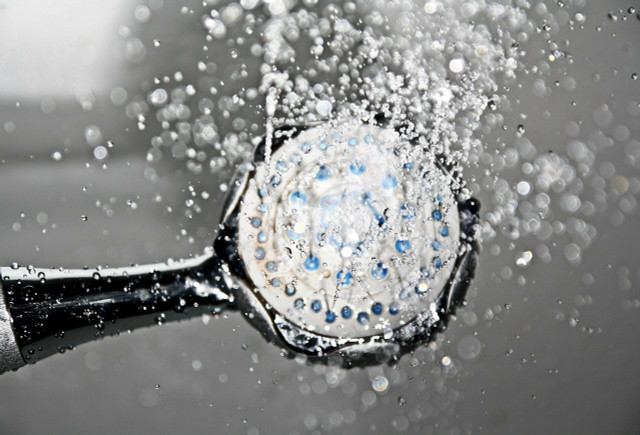
Many people suffer from circulatory problems in hot weather. We explain how you can prevent and alleviate dizziness and other symptoms.
When exposed to extreme or sudden heat, many of us experience circulatory problems. This is unpleasant and can even lead to falls or accidents.
However, there are some tips that can help you get your circulation under control even on hot summer days.
Why does heat cause circulatory problems?
There is a reason why circulatory problems occur especially in hot weather. It is important for our organs (especially the brain) that the body temperature remains constant at 36 to 37 degrees. The body ensures this by transporting heat via the blood to the skin and then releasing it into the air.
The hotter the air, the more difficult it is to cool the body in this way. In order for the body to continue to release enough heat into the air, the blood vessels expand, causing blood pressure to drop. The brain may not be able to get enough oxygen for a short time due to the low blood pressure. The result is dizziness, nausea, sweating and headaches in the heat, and even brief fainting.
We also lose fluids when we sweat. This reduces blood flow to the skin and increases the risk of circulatory problems.
First aid for circulatory problems in hot weather

(Photo: CC0 / Pixabay / 955169)
If you suffer from circulatory problems in hot weather, you should try to stabilize your circulation and cool your body. The following can help:
- Rest in the shade and, if possible, put your legs up to improve blood flow to your brain.
-
Drink enough! Lukewarm drinks are best. When you sweat, you lose not only water, but also electrolytes such as sodium. That’s why you should also balance your electrolyte levels. You can do this by drinking a diluted broth, eating a few pretzel sticks with a glass of water, or making your own electrolyte drinks (see recipes below).
- Put a damp, cold towel on your neck to cool down and help your circulation. A lukewarm shower or a homemade foot bath also provide a pleasant cooling effect.
- Some foods increase blood pressure or promote blood circulation, thereby alleviating circulatory problems in hot weather. Salt or liquorice root, for example, can increase blood pressure. The latter is contained in many teas. You should of course only consume both substances in moderation – especially if you normally suffer from high blood pressure. Rosemary, among other things, promotes and stimulates blood circulation. Sage and beetroot are also said to stimulate blood circulation. Walnuts are said to stabilize the circulation, but also lower blood pressure – they are not recommended for heat-related circulatory problems.
Prevent circulatory problems in hot weather

(Photo: CC0 / Pixabay / anaterate)
To avoid circulatory problems in hot weather, you can follow these tips:
- Drink enough water. Especially when you sweat a lot, your body needs more fluid than usual. Adults should drink at least two liters a day. To keep your electrolyte balance stable, you can try one of the recipes from this article: Make your own electrolyte drinks: 3 recipes for athletes. Or you can prepare one of our thirst quenchers. A homemade ice pop can also help you to take in more fluids.
-
Avoid large meals. It might also help to eat several small meals throughout the day instead of three large ones. You can find more tips in our article Eating on hot days: 9 mistakes you should avoid.
- Wear a sun hat if you are in the sun for long periods of time.
-
Don’t overexert yourself in very hot weather. It’s better to exercise in the morning or evening when it’s less warm and the sun’s rays are less intense.
- Wear airy clothing that helps your body cool down.
- If you are in an air-conditioned room, you should not set the air conditioning too cold. Otherwise, the sudden heat can lead to circulatory problems when you leave the room.
-
It is best to ventilate at night and in the cool morning hours and leave windows and curtains closed during the day. This way the rooms do not overheat.
-
Avoid nicotine and alcohol, especially in hot weather, as both substances impair blood circulation.
Important: If you are taking blood pressure lowering medication, you may need to take a lower dose in hot weather to avoid low blood pressure. Get medical advice about this.
Read more on Techzle\.com:
- What to do in hot weather? 10 sustainable tips
- Too warm to sleep? 11 common mistakes that make you sleep worse in hot weather
- Heat in the office: What you can do about it
Revised by Lucas Drebenstedt
** marked with ** or orange underlined Links to sources are partly affiliate links: If you buy here, you are actively supporting Techzle\.com, because we then receive a small part of the sales proceeds. .